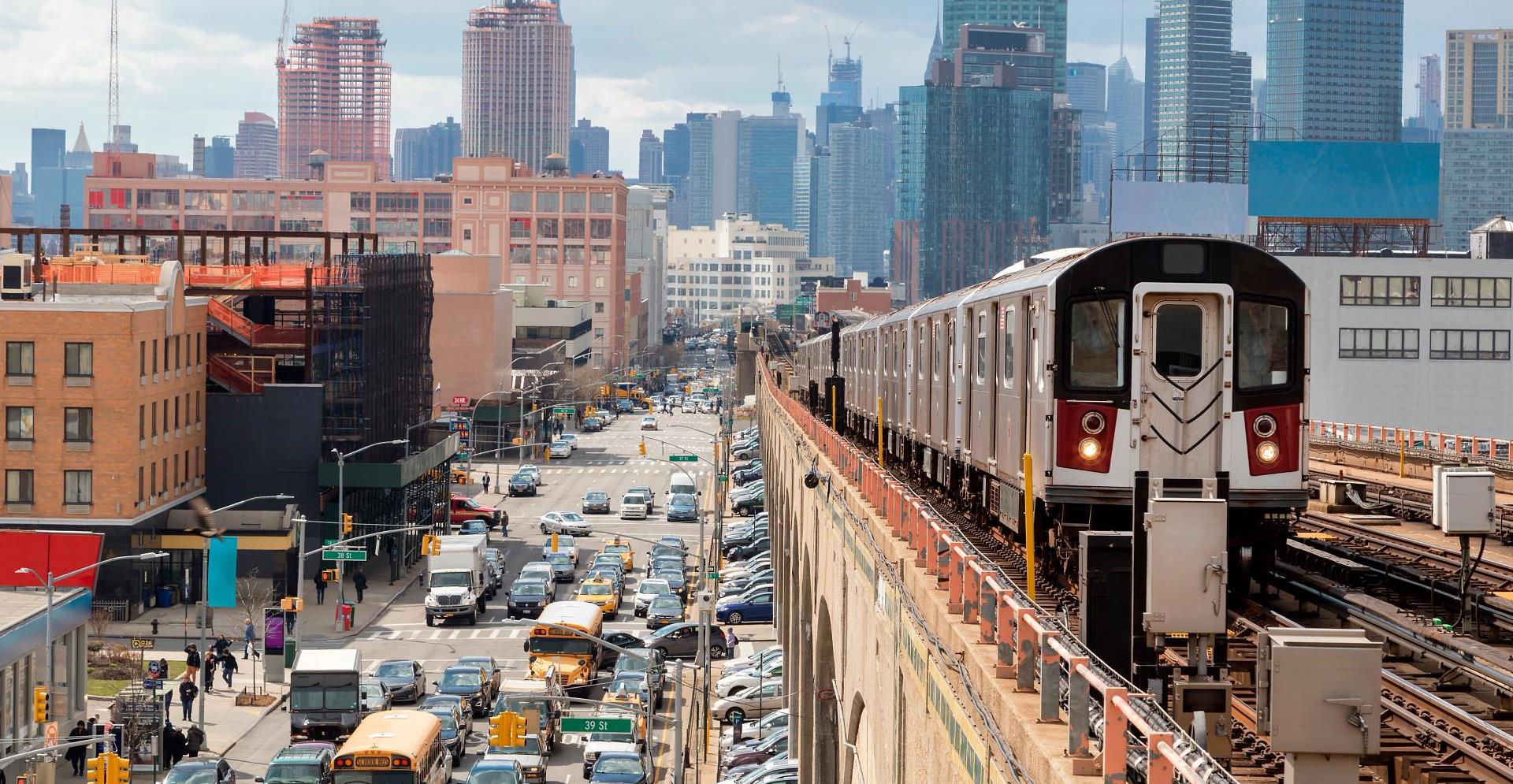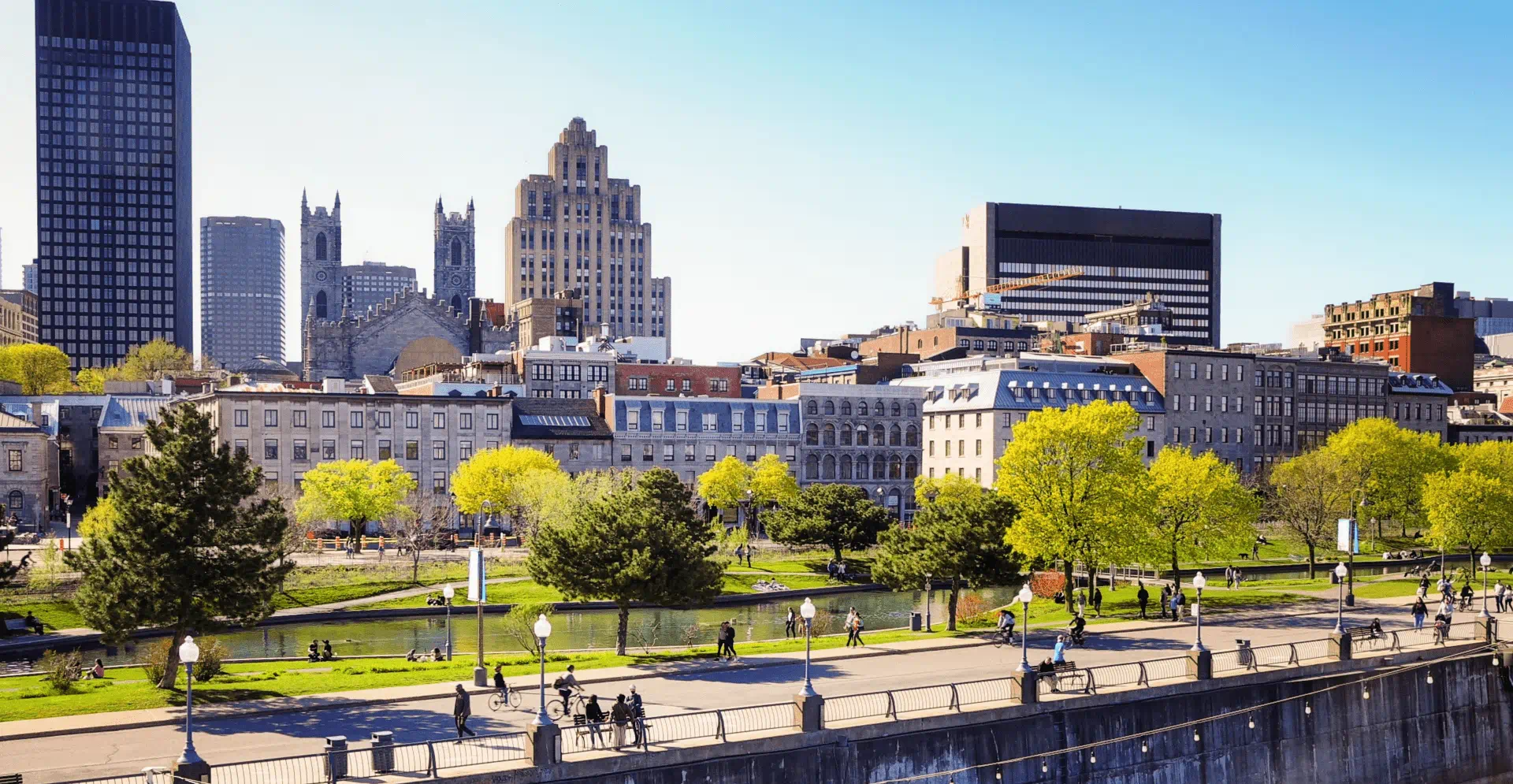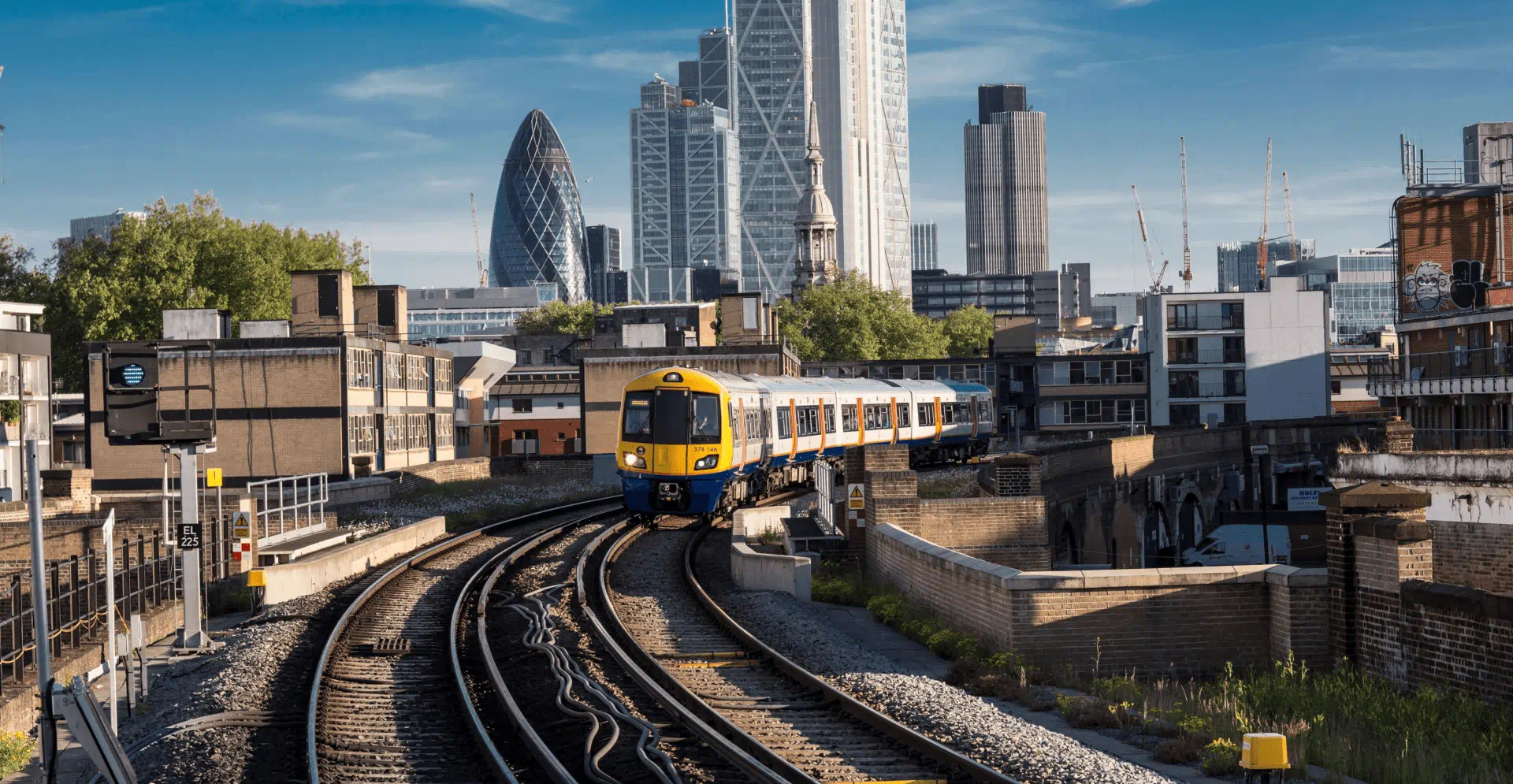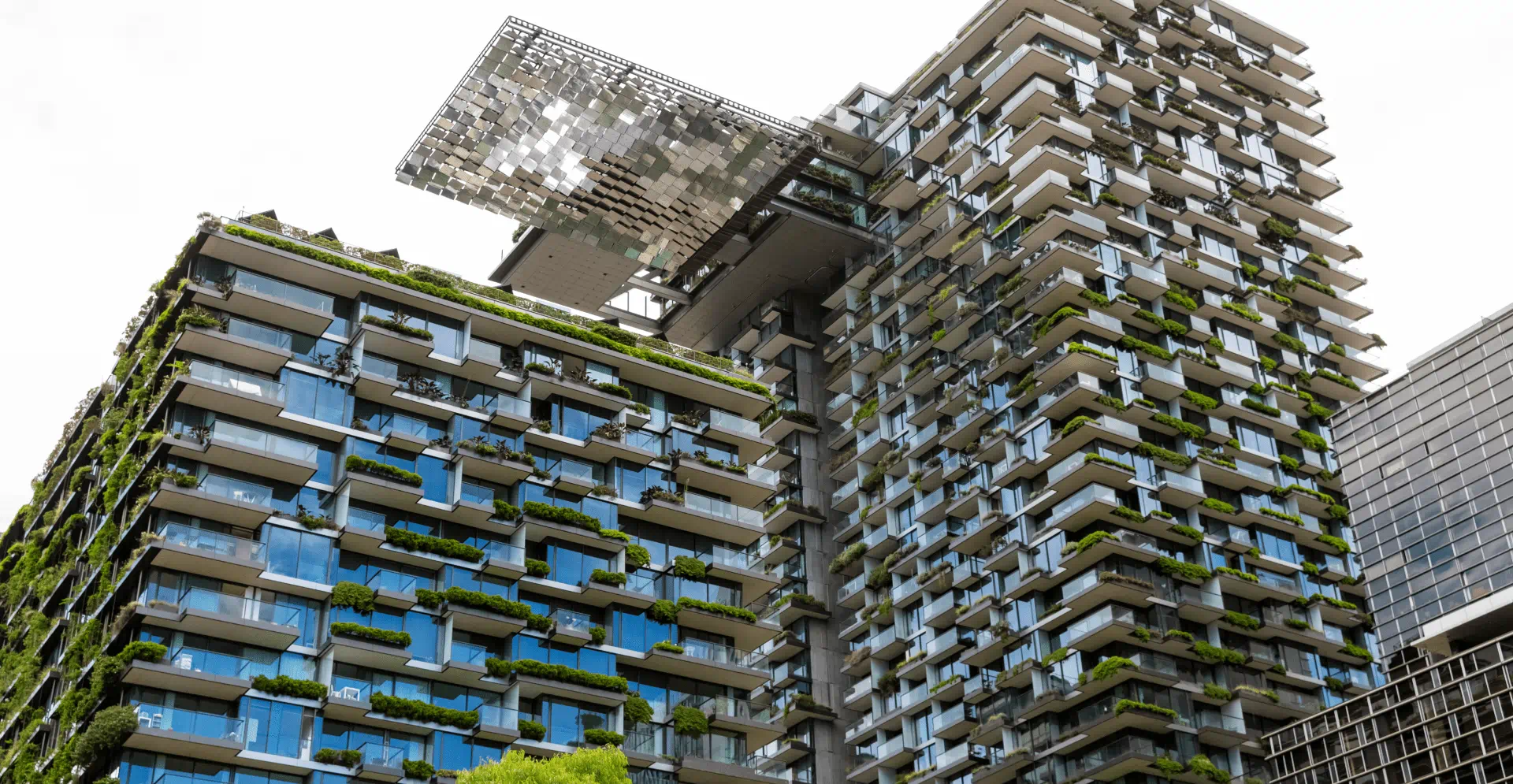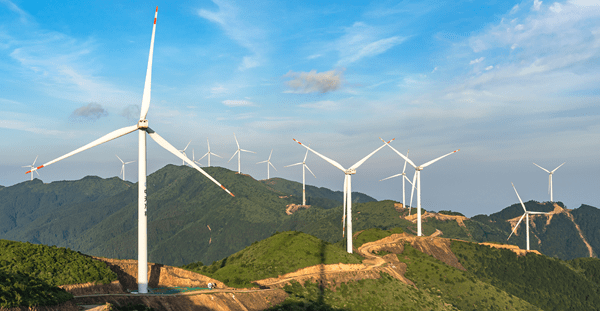When it comes to public transit, protecting against climate change and economic shocks is a major challenge to ensure long-term business resilience. The effects of COVID-19 are still being felt across the rail industry, and with government support coming to an end across the world, many transit companies are now dealing with the financial holes caused by drops in passenger numbers as well as long-term behavior change. On top of that they need to deal with inflation, labor shortages, energy transition and multiple other key factors to future-proof mobility.
With the cost of living exacerbating these factors, budgets are tight. In terms of asset management, there is also an expensive infrastructure repair timetable. Therefore, the ability to cope with future shocks will depend on the ability of rail companies to navigate in the short-term so they are able to plan for the long-term, which on top of climate change includes preparing for future economic shocks and threats such as cybersecurity.
Main challenges in rail
The climate is, of course, already changing. And extreme weather events around the world are creating a huge problem for rail networks. Hurricanes are more frequent in the Americas, extreme heat events can cause steel tracks to expand and buckle and electronics to fail, droughts leading to unexpected subsidence, while flooding can wash away or inundate infrastructure. Repair and prevention takes a lot of effort.
With inflationary pressures and rising material/energy prices inflated by the war in Ukraine, the industry is also having to readjust its strategic investment plans to fit within affordability.
From a macro perspective, these kinds of interventions are also critical to the global fight against climate change. Long-term, rail and public transit are obviously a solution rather than a problem when it comes to decarbonizing. The footprint of a rail passenger is far lower than most transportation options, at around 41g CO2 per km, compared to 192g for an average car, according to 2019 data from the UK’s Department for Business, Energy and Industrial Strategy. This means greater investment from governments into both infrastructure and resilience is an effective way to fight the worst impacts of climate change.
Decarbonizing the rail sector itself continues to be an important goal at the same time. This includes energy transition by electrification, hydrogen and green energy generation. But also incentivizing the supply chain to move towards low carbon products and construction methods.
Resilience is also important from a safety perspective. Rail is safer than driving, with far less accidents and loss of life. Figures from the International Railway Safety Council show that rail travel caused around 0.9 fatalities per billion km traveled compared to 2.52 for cars in 2019.
These safety levels reflect better technology (such as the ability to control signaling digitally through the European Rail Traffic Management System) and investment in data-based solutions to monitoring working procedures, driver performance, and managing passenger flows. To achieve this shift towards sustainable transportation, it is key to be an attractive and moreover reliable modality. This requires competent and available staff and reliable technology. Potential threats like shortage of personnel, key components or cyber attacks need to be managed carefully.
Navigating the minefield of all these challenges, however, can be difficult for rail businesses. Particularly because it requires balancing and prioritizing between short term and mid term priorities, chronic stresses and acute shocks. And basically each of these require action and investments. A programmatic approach enables conscious decisions around priorities and best value for money. At Arcadis we act in a technical and advisory capacity to guide rail and transit owners and operators through the available options.
How we’re boosting resilience
Our expertise in managing infrastructure transitions, along with short- and long-term risk management, means we can provide industry-leading advice. This may support asset owner and operators to set the right short and midterm priorities and manage those.
Our climate stress-test helps mapping and prioritizing potential risks like flooding and heat, which enables asset owners to prioritize their investments on a risk based approach.
By applying in-depth understanding of data application and data-based systems we can also help implement things like performance-based maintenance, where data on track condition, rather than a fixed schedule of maintenance, can help optimize cost and safety performance.
We conduct a range of studies and pilots to test new technology. One, conducted for the Australian government in partnership with UK-based clean energy group Smart Ports, showed hydrogen will not only get cheaper than diesel within a couple of years; it could also potentially strip 763,000 tonnes of CO2 from Inland Rail operations a year if used to power rolling stock on the route using an innovative new technology involving ammonia-to-hydrogen cracking.
We are providing knowledge to help with the transition to alternative fuels, demonstrating their practicalities and how they stack up against each other. Our recent pilot study in the Northeast of the Netherlands looked at using hydrogen fuel in rail to understand things like the impact on the timetable, the safety aspects of hydrogen and whether longer freight trains could be used. With this knowledge, we can understand not just what is achievable but also how to implement it in the right way.
With a lot of challenges on the table for the rail industry, resilience will only become ever more important. But it is vital for everyone that we achieve it, because a strong, well-functioning and financially robust rail network is crucial for consumers, businesses and governments across the globe.
Arcadis is your preferred partner
We deliver sustainable design, engineering, and consultancy services for natural and built assets.
